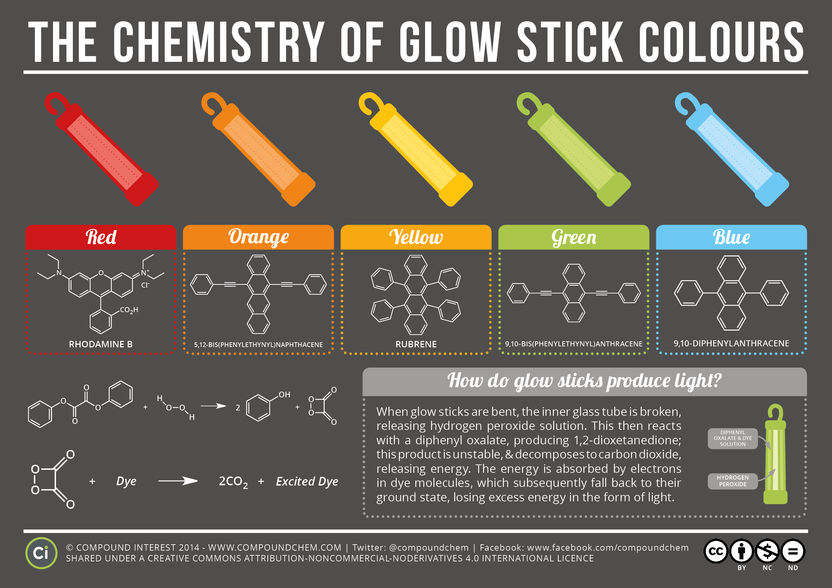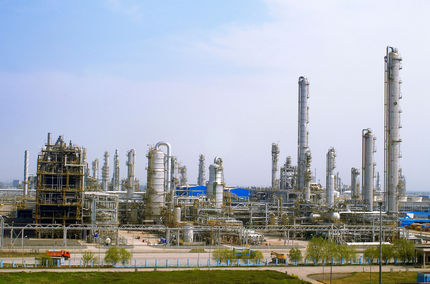Merck Strengthens Commitment to Chinese Growth Market
Commitment to future investments reiterated
Merck reiterated its commitment to investments in the Chinese market, strengthening a major pillar of its emerging markets growth strategy.
Merck’s Executive Board met in Shanghai, a month before the groundbreaking of its new pharmaceutical plant in Nantong, which from 2017 will be the Group’s second-largest pharmaceutical manufacturing facility globally. Merck currently employs more than 2,000 people at over 40 sites in China, with the most important products including Erbitux to treat cancer, Gonal-f to treat infertility as well as life science tools and liquid crystals (LC) for flat panel displays. In total, Merck has committed more than € 100 million to investments in China over that past three years.
“China is of strategic importance to Merck,” said Karl-Ludwig Kley, Chairman of the Executive Board. “Together with government officials, customers, partners and our highly motivated local colleagues, we will explore ways to further address critical health care needs of the Chinese population – both with our high-quality drugs and our life science tools for biopharmaceutical R&D. We’re also meeting with customers in the display industry to continue our constant dialogue about innovative solutions to meet the needs of the ever-changing high-tech market.”
Merck has a strong presence in the fast-growing emerging markets: Sales in the region, which includes China, grew by 9% to around € 3.8 billion last year, contributing 36% to Group total sales of € 10.7 billion in 2013.
At a press conference in Shanghai, Kley said the Group’s newly built Liquid Crystals Center China, based in the Jinqiao Industrial Park in Shanghai, started delivering its first products to Chinese customers in the second quarter. Trial production at the center, which integrates a liquid crystal mixing plant, an LC lab and the China LC business hub, started in December 2013.
Adding another premium specialty chemicals business to Merck’s existing LC business and further expanding its presence in the Asian market, Merck earlier this year bought AZ Electronic Materials (AZ). AZ has a site in the Greater Shanghai region in Suzhou and employs nearly 100 people in China.
Next month, groundbreaking is planned for Merck’s new € 80 million (650 million Yuan) pharmaceutical manufacturing plant in the Nantong Economical Technological Development Area (NETDA), in the Greater Shanghai region (Yangtze River Delta area). Completion of the facility, which will focus on bulk production and packaging of Glucophage, Concor and Euthyrox, is scheduled for 2016, with commercial production starting in 2017. Merck’s brands for the treatment of diabetes, cardiovascular diseases and thyroid disorders are referenced in China’s Essential Drug List (EDL), making Merck the first and only multinational company in China to dedicate a large scale green-field investment towards the production of drugs on the list comprising medicines that satisfy public healthcare needs and must be made available at all times.
In addition to investments in drug production, Merck has also expanded its services for biopharmaceutical research and development customers. Recent investments by the Merck Millipore life science tools business include the Biopharmaceutical Technical and Training Centre in Zhangjiang Hi-Tech Park, Shanghai. This center provides support, training and validation services to biopharmaceuticals customers with operations in China. The facility enables customers to investigate, explore and optimize their upstream and downstream processes as well as environmental monitoring processes. In Beijing, where Merck Serono’s Chinese headquarters are located, Merck also runs a research center focused on biomarker research, including pharmacogenomics and bioanalytics, which is part of Merck Serono’s stratified medicine approach.
In addition to these investments, Merck counts on an extensive network of collaborations with leading academic and medical institutions in China, as well as local companies. The latest collaboration agreement with a Chinese company, announced in November 2013, is a second co-development and commercialization agreement with BeiGene, which will further strengthen the companies’ collaboration in oncology.
Other news from the department business & finance

Get the chemical industry in your inbox
By submitting this form you agree that LUMITOS AG will send you the newsletter(s) selected above by email. Your data will not be passed on to third parties. Your data will be stored and processed in accordance with our data protection regulations. LUMITOS may contact you by email for the purpose of advertising or market and opinion surveys. You can revoke your consent at any time without giving reasons to LUMITOS AG, Ernst-Augustin-Str. 2, 12489 Berlin, Germany or by e-mail at revoke@lumitos.com with effect for the future. In addition, each email contains a link to unsubscribe from the corresponding newsletter.
Most read news
More news from our other portals
Last viewed contents

Laboratory equipment manufacturer KNAUER honored as top employer

Karl Bleymehl Reinraumtechnik GmbH - Inden-Pier, Germany

Special coating protects steel from hydrogen ‘attack’ - Almost no evidence of brittleness

Ytterbium atomic clocks set record for stability

Nobel Prize in Physics 2016

The Chemistry of Glow Sticks

























































